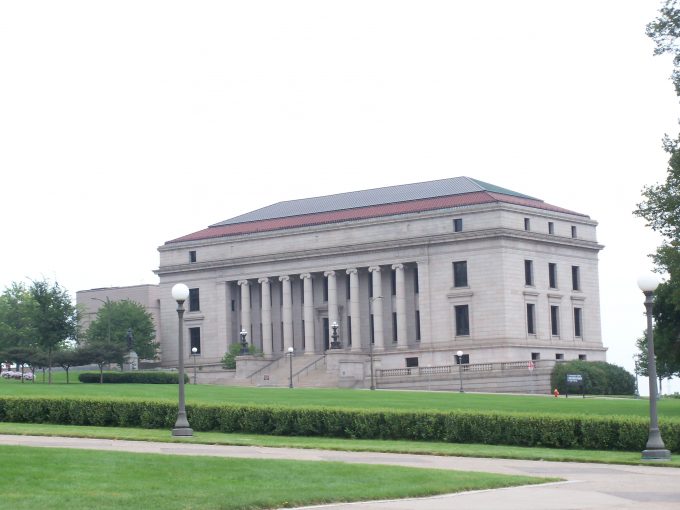
Saturday, 10 June 2017
Luke the beloved physician and Demas greet you. Colossians 4:14
As noted in verse 4:11, from this verse it becomes obvious (like the sun shining at midday) that Luke is not a Jew, but a Gentile. The earlier verses gave a list of names which were followed by the words, “These are my only fellow workers for the kingdom of God who are of the circumcision.” This means “Jews.” As Luke is now named, it verifies that he was, in fact, a Gentile.
This is the same Luke noted in Acts 17:10, and he is recorded as being with Paul in 2 Timothy 4:11. He is cited here as a physician, something readily supported by his annotations in both the Gospel of Luke and in the book of Acts. His carefully worded statements demonstrate an observant eye and an understanding of both health and healing issues.
The wording about him in the Greek is more emphatic. It says, “Greets you Luke, the physician, the beloved.” The emphasis is on Luke’s status as the beloved doctor. Following this high note of acknowledgment, Demas is noted, almost as an afterthought. It appears obvious that he was there with Paul and said something like, “Oh, tell them I said ‘Hi’ also.” But the highlighting is on Luke. What can be inferred from a later note concerning him in relation to the warm comments about Luke is that Demas was not of the same caliber as Luke. In a sad note towards the end of his life, Paul writes concerning these two men –
“Be diligent to come to me quickly; 10 for Demas has forsaken me, having loved this present world, and has departed for Thessalonica—Crescens for Galatia, Titus for Dalmatia. 11 Only Luke is with me. Get Mark and bring him with you, for he is useful to me for ministry.” 2 Timothy 4:9-11
Demas may have been with Paul at the time of his writing to those at Colossae, but it is apparent that his heart was not in his assignment. All of the others mentioned in this chapter have something extra added in about them except Demas.
Life application: Question: “If your pastor was to describe each person in his church, when he got to you what do you think he would say?” “Albert is a wonderful soul, always helping out. Max is such a blessing to be around. Sperry… ummm Sperry is usually at church. Anita makes the life of everyone else a bit brighter. Marigold? Marigold… ummm. She… ummmm.” Do you want to be remembered as an “Um?”
Lord God, if someone were to ask about each one of us, what type of person we are, what would be the response of those who have been asked? “John is the greatest guy. He works hard and is always pleasant to be around. And then there is Charlie. “Ummm, Charlie is…. Ummmm.” If people have to struggle to say something nice about us, what does that say? Help us not to be Um people. Give us the desire to put our best foot forwards and be exceptional examples of Christ our Lord. Amen.




